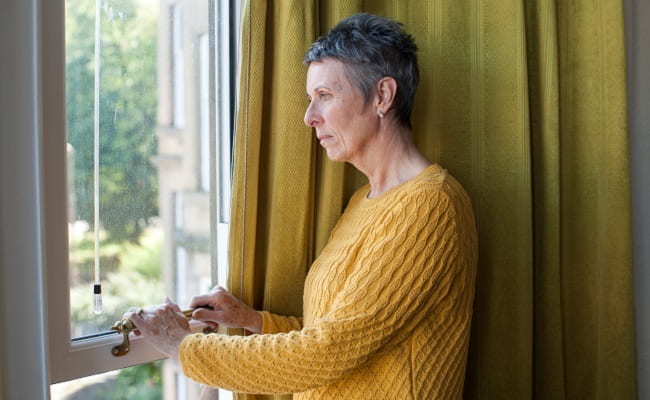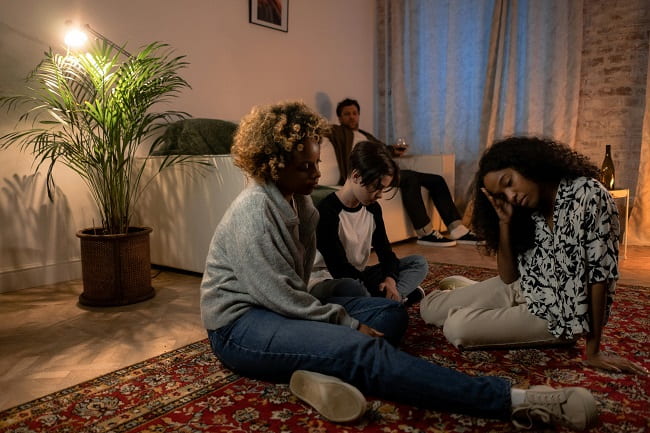A new study exploring the use of repeat antibiotic prescriptions for the same respiratory tract infection (RTI) episode – known as repeat ‘within-episode’ prescriptions – in primary care has found high rates of their use in England, despite evidence that they are of little benefit. The study authors, from the Universities of Bristol and Bath, King’s College London, and University Medical Center Utrecht, are calling for a reduction in their use and to make them a target for antimicrobial stewardship interventions.

RTIs are one of the most common reasons people visit a GP in the UK. Many RTIs are caused by viruses and current primary care guidelines recommend a no or delayed antibiotic prescribing strategy in the vast majority of patients. Despite this, 54% of RTI consultations in UK primary care result in an antibiotic prescription, and RTIs account for 60% of antibiotic prescribing in primary care worldwide. As such, RTIs are one of the key drivers of antimicrobial resistance.









